Aus equities markets ‘clean’, but ASIC wants more to disrupt insider trading

Australia’s equity markets remain “one of the cleanest in the world” with regard to instances of insider trading, according to a new report by the Australian Securities and Investment Commission (ASIC), though the regulator is pushing for more to protect market integrity, including the creation of a dedicated team to expedite insider trading investigations.
The Equity Market Cleanliness Snapshot report, released today and covering the last five-and-half-years of trading activity, rated Australia’s equity markets as overwhelmingly “clean” and operating “with a high degree of integrity”, particularly against global peers.
A clean market, ASIC observed, should not see share price run-ups before material information is released.
“Trading ahead of public release may indicate some parties are profiting unfairly by using information that is not generally available to the market.”
These share price run-ups are particularly prevalent during merger and acquisition (M&A) activity. ASIC further observed two extended periods of deteriorating cleanliness requiring its immediate intervention – during the Covid-19 pandemic, where a surfeit of ‘finfluencers’ and meme stocks appeared, and at the end of 2023.
Outside of these periods, however, Australian equities markets appear relatively ‘clean’ with regard to identified insider trading activity.
For instance, Australia had the lowest rate of M&A deal leaks among its global peers, being 55% below the peer group average between 2009–2022.
Fewer than one in 25 (or 3.8%) Australian M&A deals were leaked during this period, ASIC revealed, the lowest among 10 global peer jurisdictions, and significantly lower than the top five jurisdictions – Hong Kong (14.1%), South Korea (11.9%), India (11.2%), the UK (9.5%) and Germany (9.2%).
On average, ASIC identified 0.56% anomalous accounts and 4.75% anomalous volume that traded ahead of a material, price-sensitive announcement (MPSA) – a clear indicator of insider trading.
Anomalous accounts are defined as those that trade in a profitable manner during a 10-trading day period prior to an MPSA, or those that show an unusual trading pattern compared with how the account and/or the rest of the market had traded in the prior 60-trading day period.
Larger companies were found to have had more anomalous accounts trading ahead of an MPSA (0.68% of accounts) than smaller firms (0.42% of accounts), by market capitalisation quintile.
Telcos were rated as the ‘cleanest’ sector, with 0.43% of accounts identified as anomalous trading ahead of an MPSA, while the real estate sector was found to be the least clean, with 0.66% anomalous accounts identified as engaging in pre-MPSA trades.
Despite the largely positive report, ASIC said it will move to establish a dedicated criminal investigation team “to swiftly progress insider trading investigations and increase the number of criminal briefs we refer to the Commonwealth Director of Public Prosecutions”.
When ASIC stepped in
The report identified two periods of temporary deterioration in market cleanliness in the examined five-year period – one during the Covid-19 pandemic when global markets experienced high levels of market volatility and trading; the second, which occurred in late 2023, ASIC recognised an increase in media reports ahead of announcements of takeovers, mergers and capital transactions, “indicating potential leaks of inside information”.
During the Covid-19 period, which saw a peak of nearly 6.25% in anomalous accounts identified, ASIC noted a period of:
- extreme price volatility and share price movements associated with a significant increase in trading volumes;
- a rapid growth in retail investor participation, ‘meme’ stock trading and social media commentary about investing. This may have contributed to an increase in market misconduct, including insider trading and ‘pump and dump’ activity; and
- trading by many new or reactivated trading accounts, which may be viewed as anomalous if their first trade occurred shortly before an MPSA.
In both the Covid-19 period and end of 2023 uptick in anomalous account trading, ASIC said that it “acted quickly to address the harmful conduct”.
For instance, during 2020-21, ASIC’s regulatory interventions included the targeting of ‘pump and dump’ activity, chat room monitoring and intervention, the reviewing of ‘finfluencer’ activity and the targeting of reviews where it observed leaks ahead of market announcements.
During 2023, ASIC commenced targeted surveillance of market participants “where confidential information in corporate transactions appeared to have been leaked to the media”, as well as continued trade monitoring around significant market announcements, it said.
In addition to the creation of a dedicated insider trading investigation team, ASIC said it would commit to a range of initiatives to clamp down on market misconduct, leveraging a “combination of real-time trade surveillance data, award-winning analytical tools and human expertise to seek out and identify potential misconduct”.
Already in the 2024 financial year, ASIC said that it has nearly doubled the number of new insider trading investigations commenced over the previous financial year.
“Clean financial markets are essential for the financial wellbeing of Australians and fundamental to an efficient economy. They enable business to raise capital and manage risk and give investors confidence to invest,” said ASIC chair Joe Longo.
“Protecting and enhancing the integrity of Australia’s equity markets continues to be a priority focus for ASIC.”





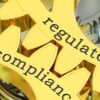
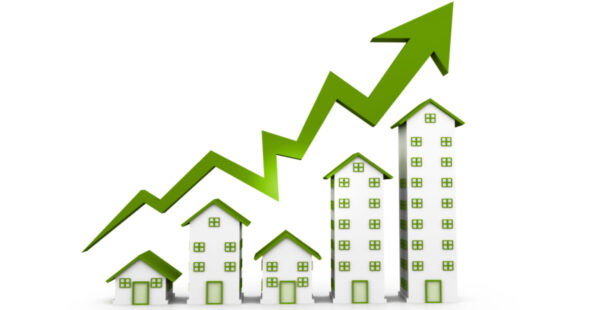
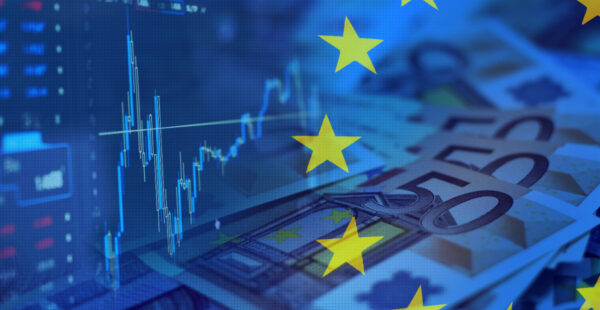
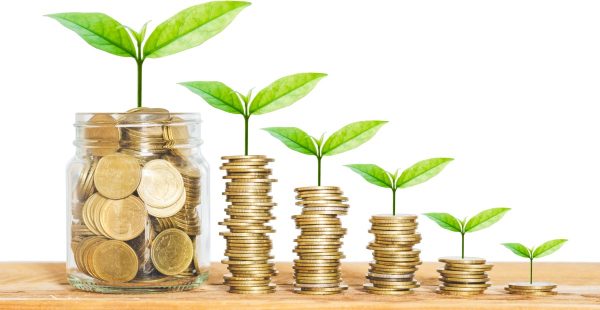
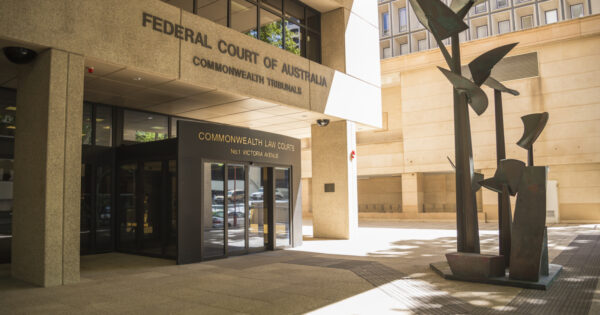

So someone in India who isn't licensed provided personalised financial advice and ASIC's response is to tell them to be…
Seeking Regulatory relief from Regulation. Industry Super Funds want to control $1.6 Trillion $$$ and ever growing with almost zero…
If Kalkine has officially been released and operates under a legitimate license to provide general advice, it raises an important…
Not sure what they're seeking regulatory relief from. In my view is they get tickled with a warm lettuce leaf…
Will they ever be named & shamed, fined and banned for life ??? Unlikely hey ASIC & APRA, especially for…